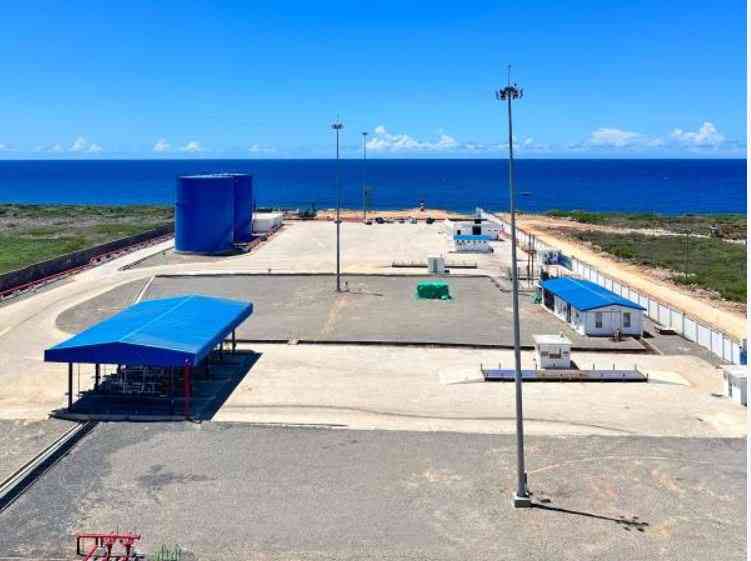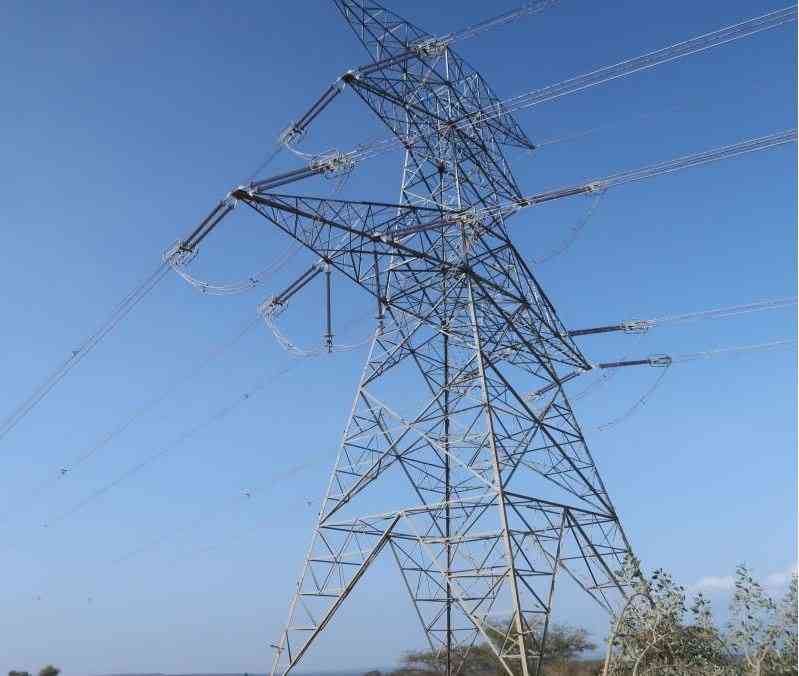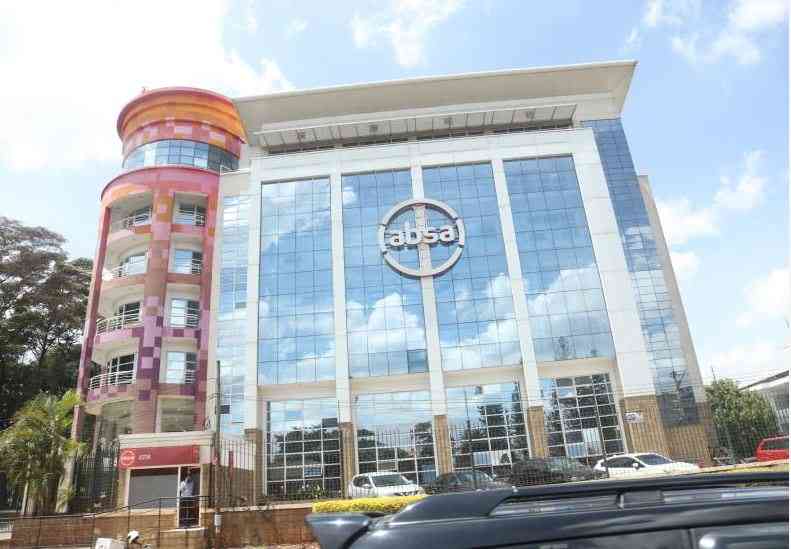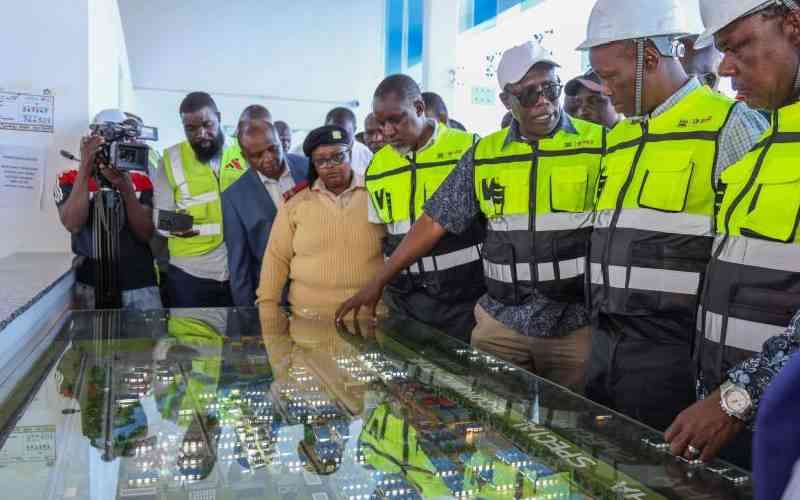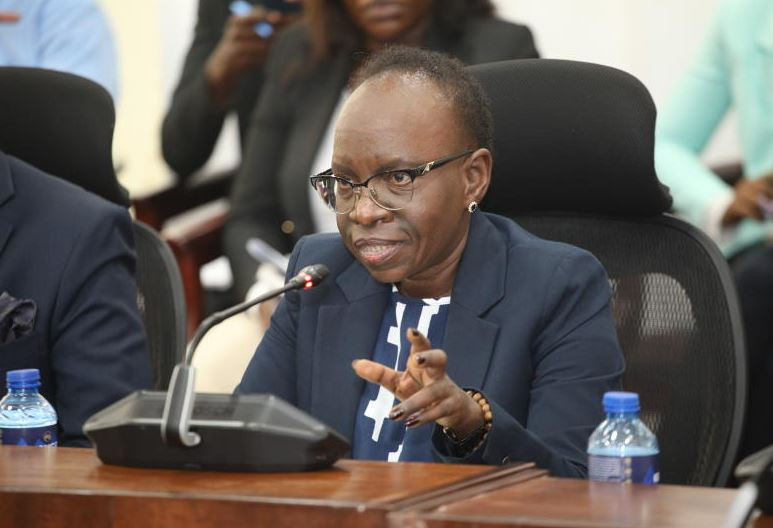×
The Standard e-Paper
Informed Minds Prefer The Standard

Manufacturing continues to play a critical role in post-Covid economic recovery strategies of many countries.
In a post-pandemic world, the focus will increasingly shift to creating competitive, resilient, inclusive and sustainable industries. This shift is crucial to unlocking the true economic value of manufacturing in the form of creating jobs, fostering innovation and generally enhancing the quality of life for consumers.
